Introduction
What Do Canaries Eat: Canaries, those delightful and colorful little songbirds, have been cherished as pets for centuries. Whether they’re perched in ornate cages or allowed to flutter freely in aviaries, these feathered companions bring joy with their melodious tunes and vibrant plumage. To ensure the health and vitality of these beloved birds, one must pay careful attention to their dietary needs. This question lies at the heart of responsible canary care, as a well-balanced and nutritious diet is essential for their overall well-being. In this exploration of canary nutrition, we will delve into the diverse array of foods that make up a canary’s menu, highlighting the key components that contribute to their vibrant health and harmonious serenades. So, let’s embark on a journey into the world of canary nutrition and discover the secrets to keeping these charming songsters happy and thriving.
In the intricate tapestry of avian life, canaries color stand out not only for their captivating songs but also for their unique dietary preferences. These small birds have specific nutritional needs that are essential to support their vocal performances, vibrant plumage, and overall vitality. As we delve deeper into the question of what canaries eat, we will unravel the intricacies of their diet, exploring the natural foods they consume in the wild and the carefully crafted menus designed for their captivity. From seeds and fresh greens to specialized pellets and supplements, we will uncover the building blocks of a canary’s nutrition, shedding light on the choices that best suit their individual needs. Whether you’re a dedicated canary owner or simply curious about these charming songbirds, understanding what canaries eat is a fundamental step toward providing them with the nurturing sustenance they require.
So, join us on this culinary journey as we uncover the secrets to keeping canaries happy, healthy, and harmonizing beautifully in your home. Beyond the joy of their melodic tunes, canaries have a rich history intertwined with human culture. Originally native to the Canary Islands, these birds were treasured for their enchanting songs and vivid colors, captivating explorers and artists alike. Today, canaries have become a symbol of companionship and serenity, cherished by bird enthusiasts worldwide. However, with great affection comes great responsibility. To ensure these petite songsters thrive in captivity, it’s crucial to understand the intricacies of their dietary requirements. In this exploration of what canaries eat, we will not only unravel the scientific aspects but also appreciate the deep connection between their nutrition and their role in our lives. By learning how to provide them with the right foods, we not only preserve their health but also enhance our shared experience with these delightful companions.
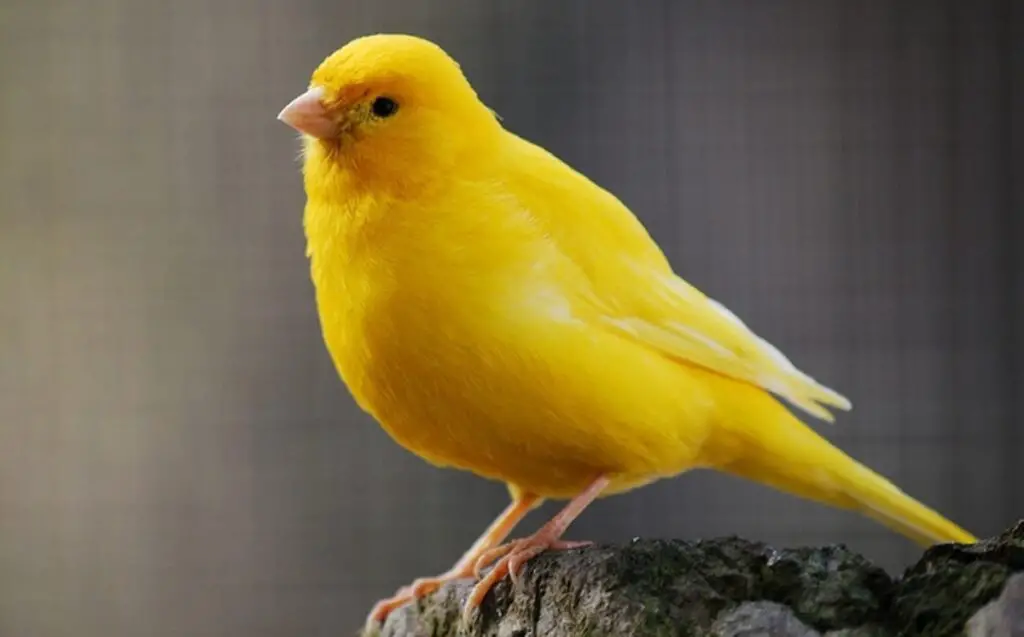
What do you feed a canary?
A canary’s diet is largely made up of seeds. There are ready-prepared mixtures of various types of seeds: canary grass seeds, Venetian red rape, white millet, hulled oats, flaxseed, cardoon and perilla.
Canaries have a natural affinity for seeds, and they form the cornerstone of their diet. A high-quality canary seed mix typically includes a combination of millet seeds, canary grass seeds, and smaller amounts of other seeds like niger and flax seeds. Seed mixes designed for canaries can be found in pet stores and are a convenient way to provide the basic elements of their diet.
In the wild, canaries forage for a variety of greens, and this element should not be overlooked in their captive diet. Offer your canary a daily supply of fresh, pesticide-free greens like spinach, kale, dandelion greens, and romaine lettuce. These greens provide essential vitamins and minerals.
Canaries also enjoy a small portion of fresh fruits, which can be given as an occasional treat. Apples, pears, and berries are excellent choices. Remember to remove any seeds or pits, as they can be toxic to birds.
Can canary eat bread?
Birding experts Kenn and Kimberly Kaufman say, “We discourage people from feeding bread to birds, as there are far too many potential risks. If moldy, bread can be dangerous to birds. Bread gets moldy quickly, and mold can pose a number of health problems for birds.
If you decide to offer bread to your canary, do so sparingly and in very small amounts. Bread is not a nutritionally complete food for canaries and should be considered more as a treat than a regular dietary staple.
Opt for plain, whole-grain or whole-wheat bread with no added sugars, flavorings, or preservatives. Avoid breads that are high in salt or contain seeds or nuts, as these can be problematic for canaries.
Always provide fresh bread to your canary. Stale or moldy bread can be harmful and should never be given to birds. Remember that a canary’s primary diet should consist of high-quality canary seed mixes, fresh greens, and the occasional fruits and vegetables. These foods provide the essential nutrients, vitamins, and minerals that canaries need for their overall health.
Do canaries eat onions?
Many people expect that onions and garlic, like other vegetables, are healthy for birds. However, while these spicy veggies have heart benefits in people, whether fed raw or cooked, they are toxic to many animals, including birds, cats, and dogs.
Canaries, like many birds, have a specific dietary system that is crucial for their health and well-being. When it comes to feeding your canary, it’s essential to be aware of foods that are safe and those that should be avoided. One common question that arises is whether canaries can eat onions.
Given these potential risks, it’s advisable to completely avoid feeding onions, garlic, or any foods from the onion family to your canary. Instead, focus on providing a well-balanced diet that includes high-quality canary seed mixes, fresh greens, occasional fruits, and vegetables. These foods are better suited to meet their nutritional needs and promote their overall health.
As a responsible canary owner, it’s essential to research and understand which foods are safe and beneficial for your feathered friend, and to always prioritize their well-being by offering a diet that supports their specific dietary requirements. If you suspect your canary has consumed onions or any other potentially harmful substance, seek immediate veterinary assistance to ensure their health and safety.
Can canaries eat cucumber?
If you are considering leaving some cucumber out for the birds, the good news is that it is utterly harmless to avian species and can do them some good when offered in small amounts. Cucumber can provide birds with some of what they need when included as a small, supplemental part of a balanced diet.
Cucumbers have a high water content, which can help keep your canary hydrated, especially during hot weather. However, they should not replace a fresh supply of clean water, which should always be available.
Introduce cucumbers slowly into your canary’s diet and observe how they respond. Not all canaries may have the same preferences, and some birds may not take to cucumbers immediately.
Whenever possible, choose organic cucumbers or those that have been grown without the use of pesticides. This helps ensure that your canary is not exposed to harmful chemicals.
Do canaries like pomegranate?
The truth is that you certainly can. Birds eat these fruits and their seeds from time to time in their native ranges. Though pomegranates are not part of the natural diet of native birds, nor most birds kept as pets, they can still be a much-loved and healthy addition to their diet when offered in moderation.
To serve pomegranate to your canary, first, cut the fruit in half and carefully extract the seeds (also known as arils). Canaries may find it challenging to consume the entire seed, so you may want to crush or chop the arils into smaller pieces for easier consumption.
Pomegranates should be given in moderation, as they are relatively high in natural sugars. Offering a small portion as an occasional treat, perhaps once a week, is a suitable frequency.
While pomegranates can be a delightful addition to their diet, it’s important not to rely solely on them. A well-balanced canary diet should consist of a mix of seeds, fresh greens, and other fruits or vegetables. Variety ensures they receive a broad range of nutrients.
Pomegranates are a good source of vitamins C and K, as well as antioxidants. These nutrients can contribute positively to your canary’s overall health and immune system.
Do canaries eat lemon?
This means that like other acidic foods, lemon should never be fed too frequently or it can lead to digestive issues. Another important thing to note is that you should not feed sweetened lemon products like lemonade to birds, since too much sugar is bad for them. Anything containing honey is a no-no too.
Citrus fruits are known for their high acidity, primarily due to the presence of citric acid. This high acidity can be harsh on a canary’s delicate digestive system and may lead to digestive discomfort or upset.
Some birds may have sensitivities or allergies to citrus fruits, leading to adverse reactions such as skin irritations or digestive issues.
Citrus fruits can contain compounds that may be toxic to birds, including canaries. While small amounts of citrus fruits might not cause immediate harm, it’s best to avoid them to ensure the safety of your pet.
Given the potential risks associated with citrus fruits and the limited nutritional benefit they offer to canaries, it’s advisable to choose safer and more suitable fruits and vegetables for their diet.
Can canary drink milk?
Birds are lactose intolerant so only tiny amounts of dairy products should be offered to canaries. Never offer your canary junk foods, chocolate, alcohol, caffeinated products or processed human foods since many of these foods contain ingredients that are toxic to birds.
Canaries, like most birds, lack the enzyme lactase needed to break down lactose into digestible components. When they consume milk or dairy products, it can lead to digestive upset, including diarrhea and abdominal discomfort.
Milk is not a natural part of a canary’s diet. These birds have evolved to thrive on seeds, fresh greens, and the occasional fruits or vegetables. Milk does not provide the essential nutrients and calories that canaries require for optimal health.
Feeding milk to canaries can lead to nutritional imbalances and gastrointestinal problems. It’s essential to prioritize foods that align with their specific dietary needs.
Can canaries eat honey?
But honey is bad for birds and can cause a range of health problems. So this is something that you should never feed them. While some kinds of honey are more problematic than others, none is a great choice for feeding your feathered friends.
Honey is hygroscopic, meaning it can attract moisture from the environment. Ensure that your canary has access to clean, fresh water, as honey can contribute to dehydration if not consumed with sufficient liquids.
While honey provides a natural source of sweetness, it should not replace the primary components of a canary’s diet. The foundation of their diet should consist of high-quality seed mixes, fresh greens, and occasional fruits and vegetables.
Introduce honey slowly into your canary’s diet and observe how they respond. Not all canaries may have the same preferences, and some birds may not show interest in honey.
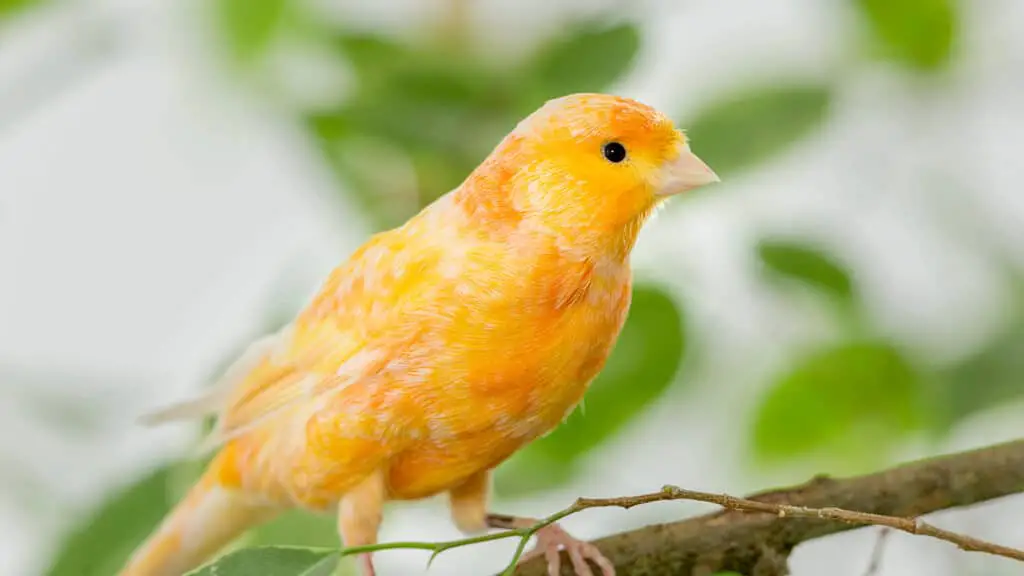
Conclusion
The dietary needs of canaries are as diverse and intricate as the captivating melodies they produce. These small songbirds require a balanced and nutritious diet to maintain their health, vibrant plumage, and melodious serenades. From a variety of seeds, fresh greens, and fruits to specially formulated pellets and supplements, understanding what canaries eat is essential for responsible pet ownership. Our exploration into their dietary preferences has not only shed light on the scientific aspects of their nutrition but also highlighted the profound connection between humans and these charming avian companions. Canaries have been cherished throughout history for their beauty and song, and by providing them with the right foods, we ensure they continue to bring joy and serenity to our lives.
By caring for their dietary needs, we preserve the timeless tradition of canary care keeping and ensure that their sweet melodies continue to fill our hearts and homes with beauty and song. Throughout our exploration, we’ve uncovered the diverse array of foods that contribute to the health and happiness of canaries, showcasing the importance of a well-rounded diet. We’ve also recognized the historical and cultural significance of these birds, who have charmed their way into our lives with their delightful songs and captivating presence. By delving into the world of canary nutrition, we not only learn how to nourish these birds properly but also appreciate the unique bond that exists between humans and canaries. This bond transcends the simple act of providing sustenance; it’s a testament to our shared history and the joy these feathered companions bring to our lives.
So, as we continue to care for canaries and ensure their well-being, let us also celebrate the enduring connection between us and these charming songsters, cherishing the beauty they bring to our homes and the melodies that fill our hearts. In understanding what canaries eat, we ultimately enrich both our lives and theirs, fostering a harmonious relationship that stands the test of time. Beyond the mere act of feeding, it symbolizes the commitment and responsibility that come with caring for these small yet vibrant songbirds. In the end, the journey into the world of canary nutrition reveals the importance of nurturing these beloved birds, not only for their well-being but also for the enrichment they bring to our homes.

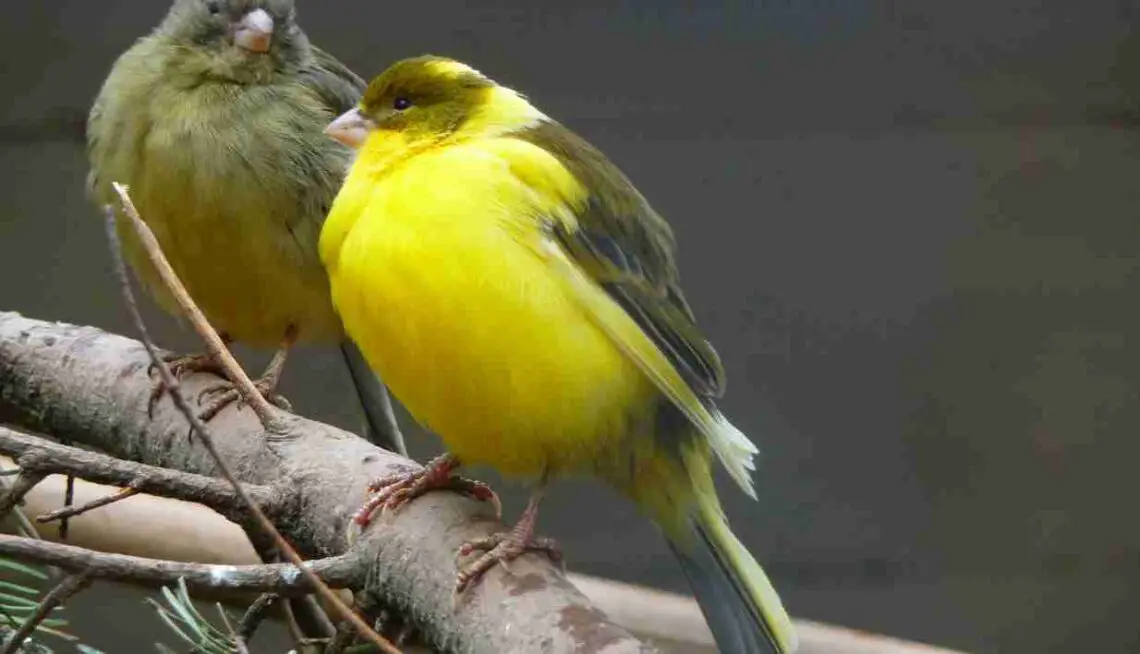
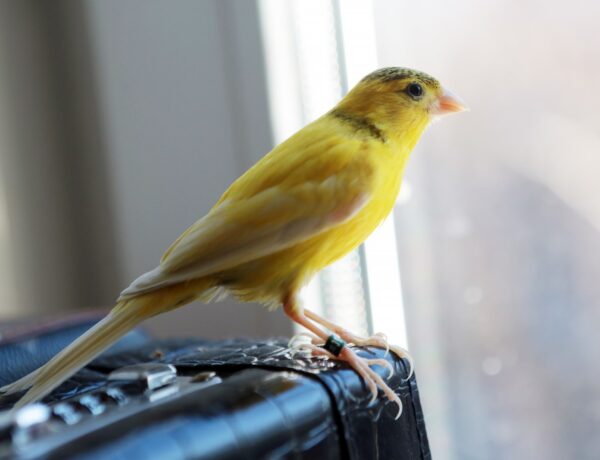
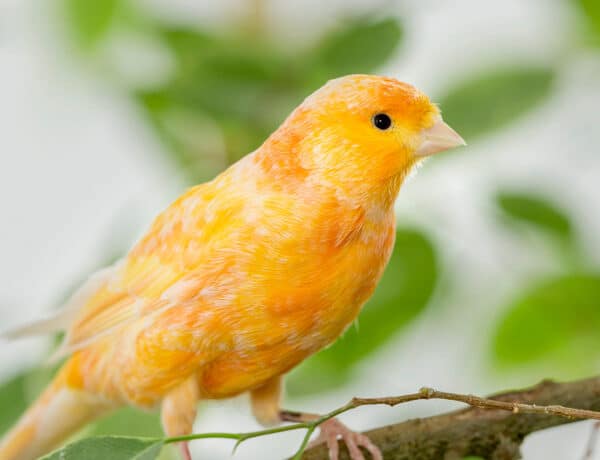
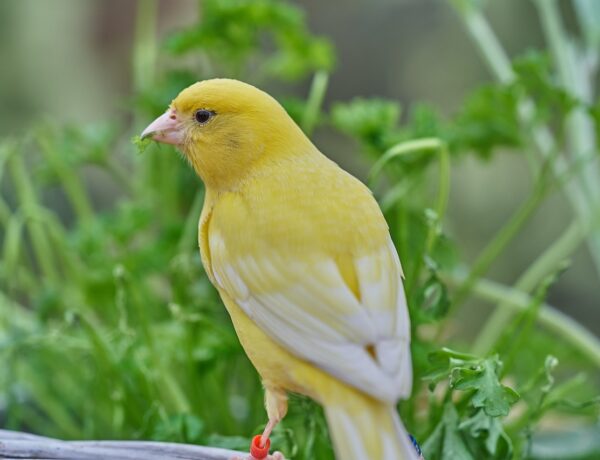
No Comments